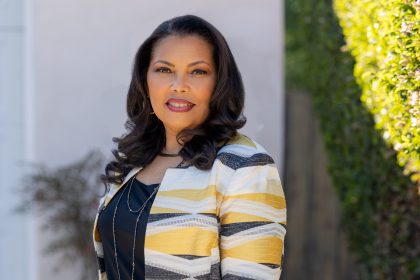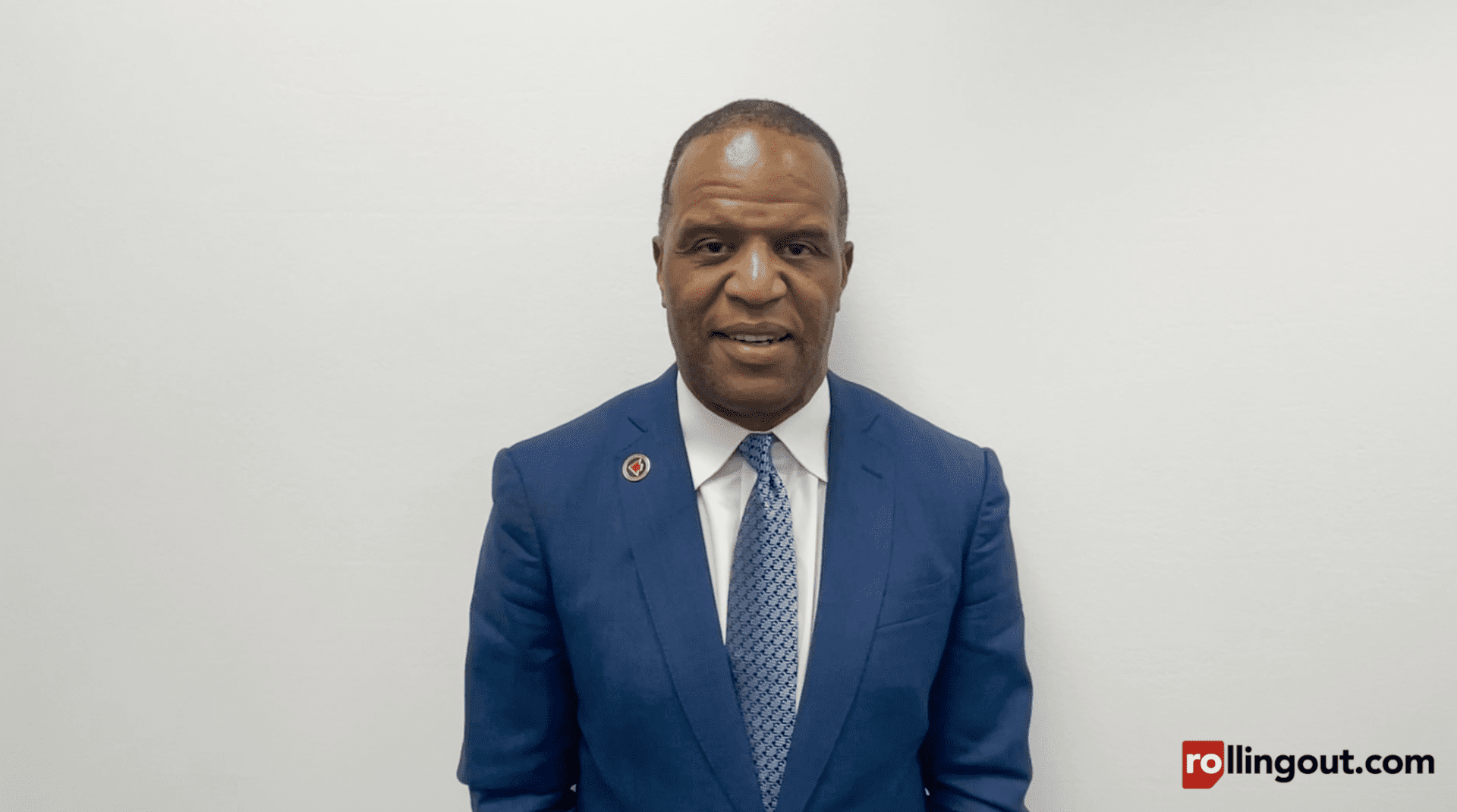Achieving work-life balance has become an essential goal for many professionals, but it is particularly significant for Black business leaders who navigate unique challenges in the workplace. Striving for success in a world where opportunities are often limited can place immense pressure on individuals, making it difficult to find time for personal health, family and relaxation. Yet, many top Black business leaders have shared valuable insights on how they balance their demanding careers with fulfilling personal lives. These leaders demonstrate that mastering work-life balance is not only possible but necessary for sustained success.
This article will explore practical tips from influential Black business leaders who have honed the art of maintaining equilibrium between work and personal life. From setting clear boundaries to nurturing relationships and self-care, their wisdom provides a roadmap for others seeking harmony between their professional aspirations and personal well-being.
1. Set clear boundaries to protect your personal time
One of the most consistent pieces of advice from top Black business leaders is the importance of establishing firm boundaries between work and personal life. It can be tempting to answer emails late into the night or attend meetings during personal time, but doing so often leads to burnout.
CEO Carla Harris — a trailblazer in corporate America — emphasizes the power of saying “no.” In an interview, she noted, “You have to be able to say ‘no’ without guilt, knowing that protecting your personal time is as important as excelling at work.” Establishing these boundaries helps create the mental and physical space needed to recharge. Business leaders who prioritize their time outside work can return to the office with a renewed sense of purpose and clarity.
2. Nurture meaningful relationships outside of work
Maintaining strong relationships outside of the workplace is crucial for overall well-being. Top Black business leaders stress that success is not only measured by professional achievements but also by the quality of personal connections.
Troy Carter — a music industry executive turned entrepreneur — credits much of his work-life balance to his family. “Your family and friends are the ones who ground you,” he explains. “Without their support, it’s easy to lose perspective.” Spending time with loved ones serves as a reminder that life extends beyond the office — allowing leaders to step back and appreciate what matters most.
Investing in relationships also has emotional benefits. It’s not just about spending time with others — it’s about building a support network that provides emotional stability during difficult times. Top leaders often lean on these relationships when work becomes overwhelming — providing them with the strength to carry on.
3. Prioritize self-care and mental health
In a high-stress business environment, self-care often takes a back seat. However, Black business leaders have increasingly highlighted the importance of prioritizing mental and physical health in order to perform at their best.
Mellody Hobson — co-CEO of Ariel Investments — is a strong advocate for making time for self-care. She practices mindfulness and regular exercise, noting that these routines are vital to her ability to handle the pressures of leadership. “Taking care of yourself isn’t a luxury,” Hobson says. “It’s a necessity for long-term success.”
Business leaders emphasize that health care — both mental and physical — is non-negotiable. Stress management techniques like meditation, therapy and exercise help maintain emotional resilience and allow leaders to stay grounded even during the busiest times.
4. Delegate and empower your team
A critical lesson from Black business leaders on mastering work-life balance is the value of delegation. Trying to do everything yourself is a recipe for burnout. By trusting your team and delegating responsibilities, you not only reduce your workload but also empower others within your organization.
Robert F. Smith — the billionaire founder of Vista Equity Partners — is known for his ability to build strong teams that can function autonomously. “I’ve learned that you have to let go of the desire to control every single detail,” he shares. “Empowering your team is essential to scaling your business and keeping yourself from overextending,” he added. Effective delegation allows leaders to focus on the bigger picture while ensuring that their team members grow and take ownership of their roles.
5. Schedule downtime and stick to it
Many Black business leaders have mastered the art of scheduling downtime into their calendars with the same priority as meetings or business deals. This intentional approach to rest ensures they maintain work-life balance even during the busiest times.
Bozoma Saint John — the former chief marketing officer of Netflix — is a staunch advocate for downtime. She schedules daily breaks and insists on taking vacations, encouraging others to do the same. “We need to stop glorifying the ‘hustle culture’ that says you always need to be working,” she says. “Rest is essential for creativity and productivity.”
By scheduling downtime, these leaders not only protect themselves from burnout but also foster innovation. The space to relax and reset often results in clearer thinking and better decision-making when they return to work.
6. Set realistic expectations for success
Success looks different for everyone, and many Black business leaders emphasize the importance of setting realistic expectations. While it’s tempting to chase after every opportunity, doing so can quickly lead to exhaustion.
John Hope Bryant — founder of Operation HOPE — advises setting specific, attainable goals rather than trying to achieve everything at once. “You don’t have to do it all, and you certainly don’t have to do it all at once,” he shares. “Focus on what’s most important right now, and let go of the need to be perfect in every area.”
This approach to goal-setting not only helps manage stress but also encourages a more sustainable path to success.
7. Incorporate passion into your work
Many Black business leaders find balance by merging their professional endeavors with their personal passions. When your work is something you love, the lines between work and life blur in a way that feels fulfilling rather than exhausting.
Richelieu Dennis — founder of Sundial Brands — shares how he built his business around his passion for empowering Black communities through entrepreneurship. “When you’re doing something you care deeply about, it doesn’t feel like work. That passion fuels me even when times are tough,” Dennis said.
Finding purpose in your work can make the demands of a busy career feel more aligned with personal values, creating a sense of balance and fulfillment.
Achieving work-life balance as a Black business leader
Work-life balance is not a one-size-fits-all solution. It requires intentional effort, constant adjustment and learning from those who have successfully navigated the complexities of balancing professional ambition with personal fulfillment. Black business leaders have shown that while the challenges may be greater, the rewards of mastering work-life balance are profound.
By setting clear boundaries, prioritizing health care, nurturing relationships and allowing themselves the space to rest and grow, these leaders demonstrate that success in business does not have to come at the expense of personal well-being. Their tips and strategies provide a roadmap for anyone seeking to balance the demands of work with the joys of life.
Incorporating these practices into your own routine can help you achieve a more harmonious, fulfilling life — one where both your professional and personal dreams are realized.
This story was created using AI technology.
















